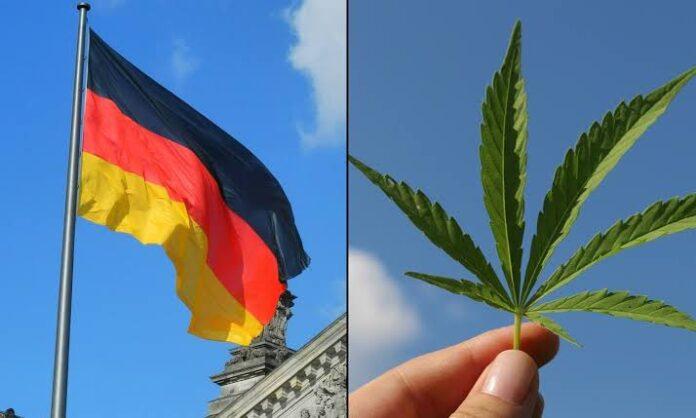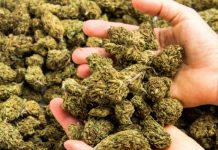
The German parliament has legalised the usage of cannabis for personal use.
This approval was a result of a voting session that left the country with some of the most liberal laws on the substance in Europe, according to Aljazeera.
On Friday, lawmakers in the Bundesrat, or upper house, passed the long-debated bill, making it legal to obtain up to 25 grammes (0.88 ounces) of cannabis per day for personal use through regulated cannabis cultivation associations, as well as to have up to three plants at home, when the new rules go into effect on April 1.
The new law, which continues to outlaw the drug’s possession and use by anybody under the age of 18, would leave Germany with among Europe’s most lenient cannabis rules.
Malta and Luxembourg legalised recreational use of the substance in 2021 and 2023, respectively. The Netherlands, which is famed for its permissive cannabis policies, has recently increased restrictions on sales to visitors and non-residents.
The cannabis law has been the source of heated debate within the coalition of Chancellor Olaf Scholz’s Social Democrats, the Greens, and the liberal Free Democratic Party (FDP).
In their coalition agreement, the three parties promised to go farther and allow cannabis to be sold in stores, a plan that was rejected by the European Union. They are currently drafting a second law to test the drug’s sale in shops in specific areas.
In the run-up to the vote, Health Minister, Karl Lauterbach, a member of the Social Democrats, called on members of parliament to back the controversial law, arguing that the country had seen a sharp rise in the number of young people using cannabis obtained on the black market.
Simone Borchardt of the opposition Christian Democratic Union (CDU) party, said the new law, fiercely opposed by medical associations, would only increase health risks for young people, accusing the three parties in Scholz’s coalition government of “making policy for their ideology and not for the country”.
The modifications, passed by the Bundestag (lower house) last month, did not require formal Bundesrat approval. Members of the upper house may, however, have requested a mediation committee, which would have halted the procedure.
Proponents of the ban, such as the German Cannabis Association, claim that black market cannabis might contain sand, hairspray, talcum powder, spices, and even glass and lead. Cannabis can also be tainted with heroin or synthetic cannabinoids, which are up to 100 times more potent than natural psychoactive cannabinoids, researchers warn.
Steffen Geyer, director of Berlin’s Hemp Museum, expressed relief that the reform had made Germany “a little bit more free and tolerant.”
To Advertise or Publish a Story on NaijaLiveTv:
Kindly contact us @ Naijalivetv@gmail.com
Call or Whatsapp: 07035262029, 07016666694, 08129340000










